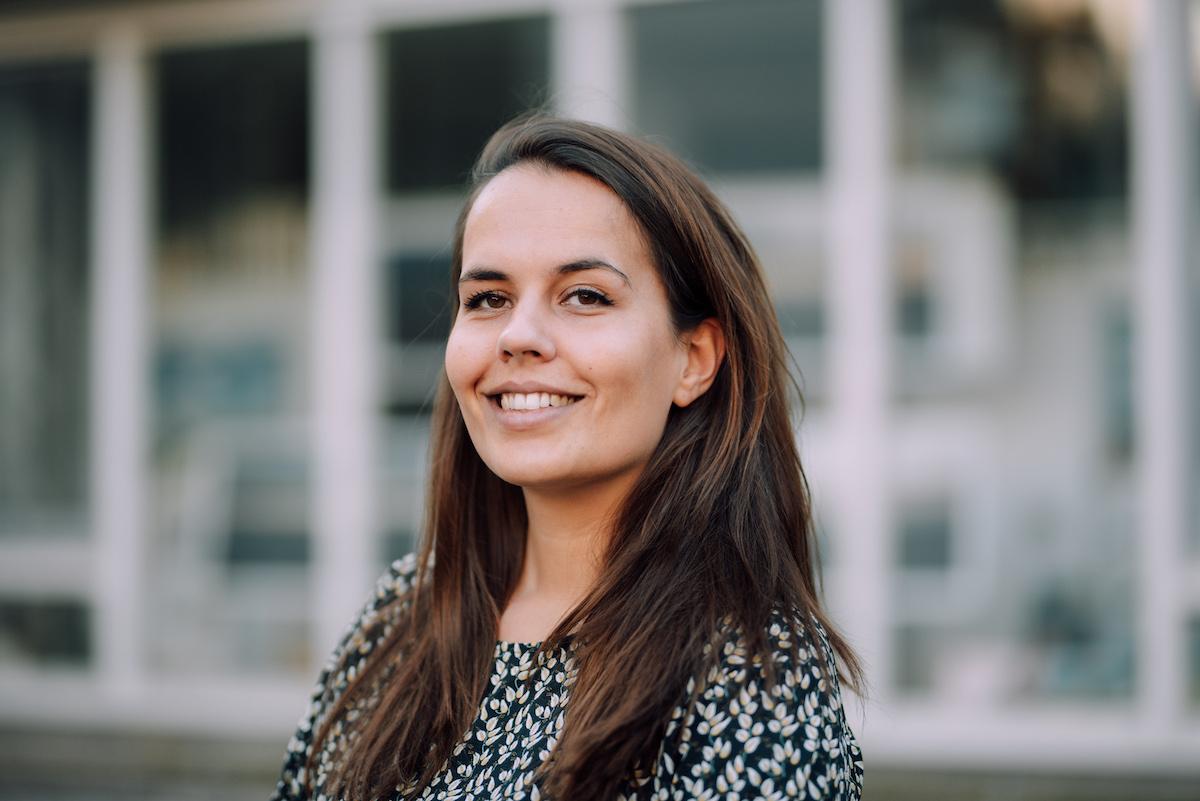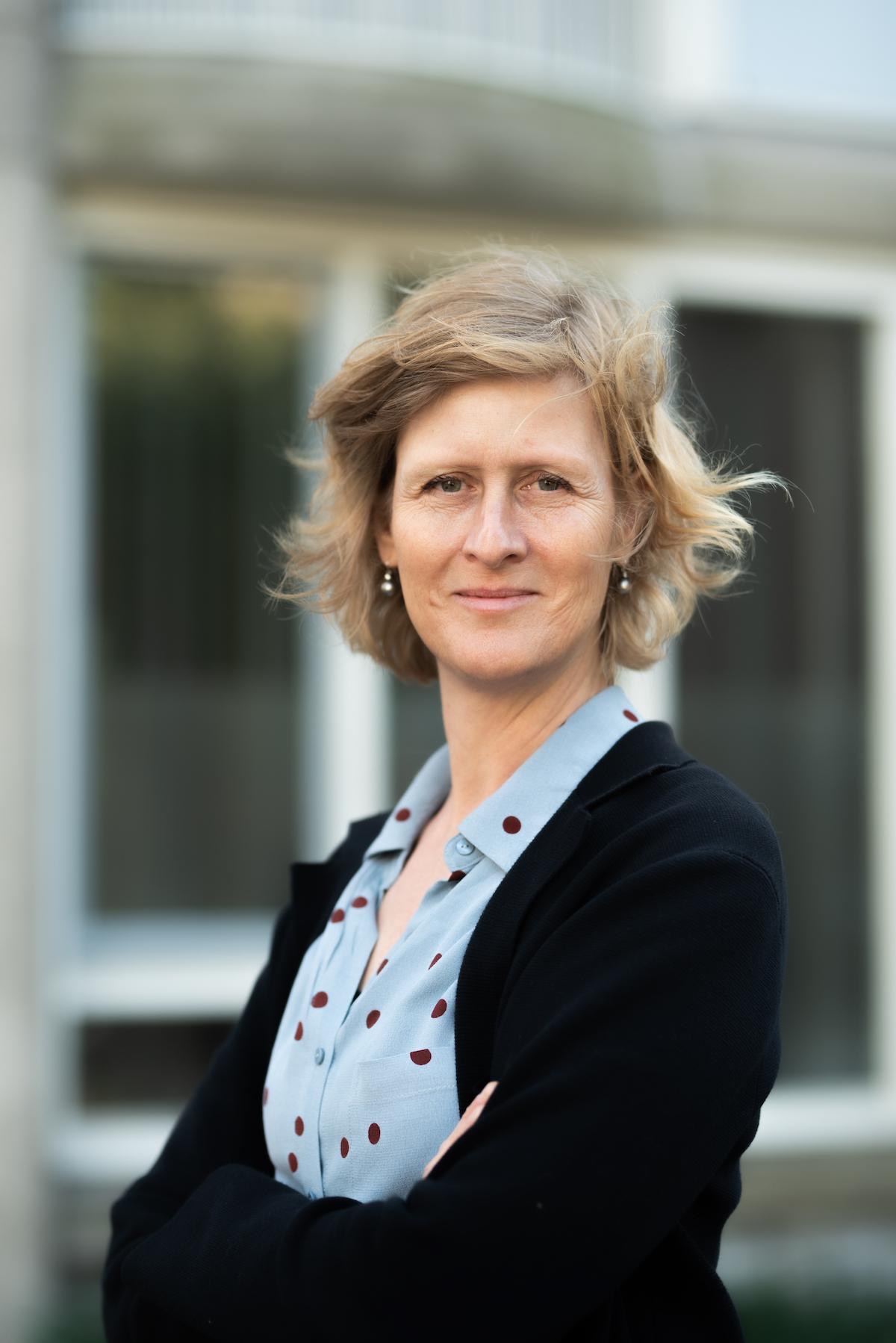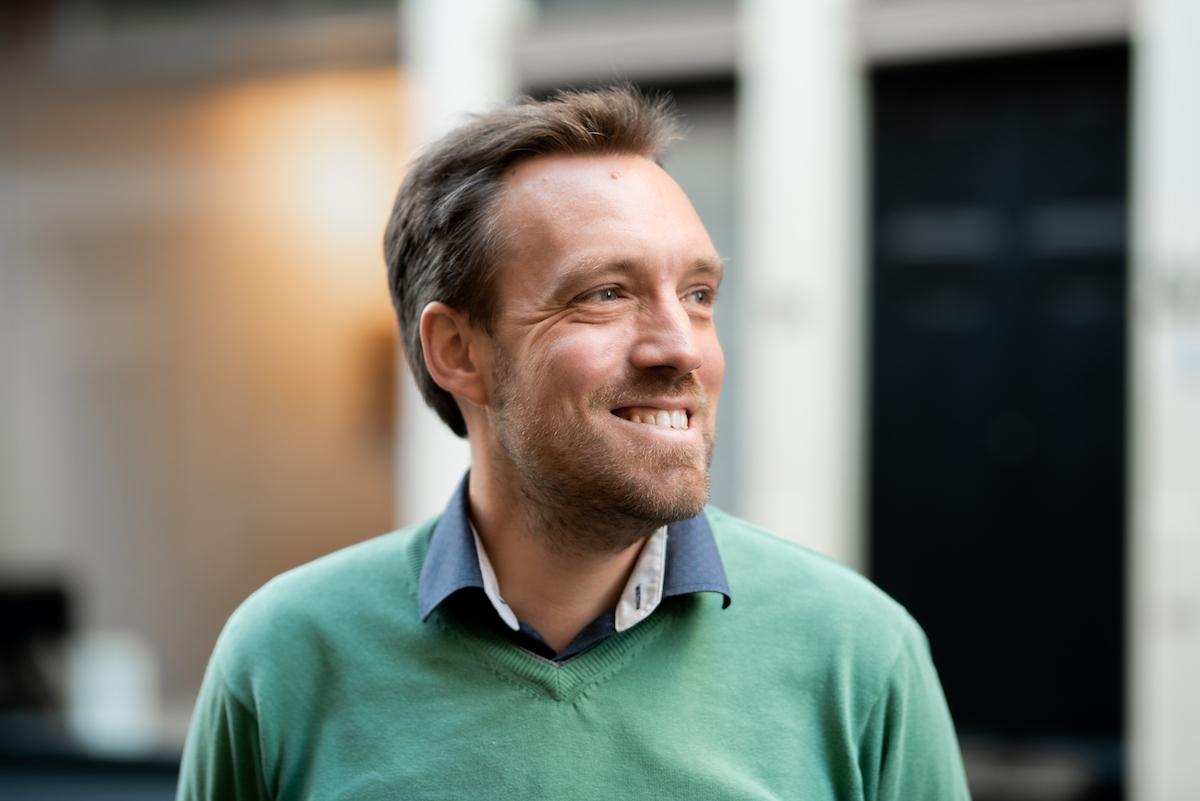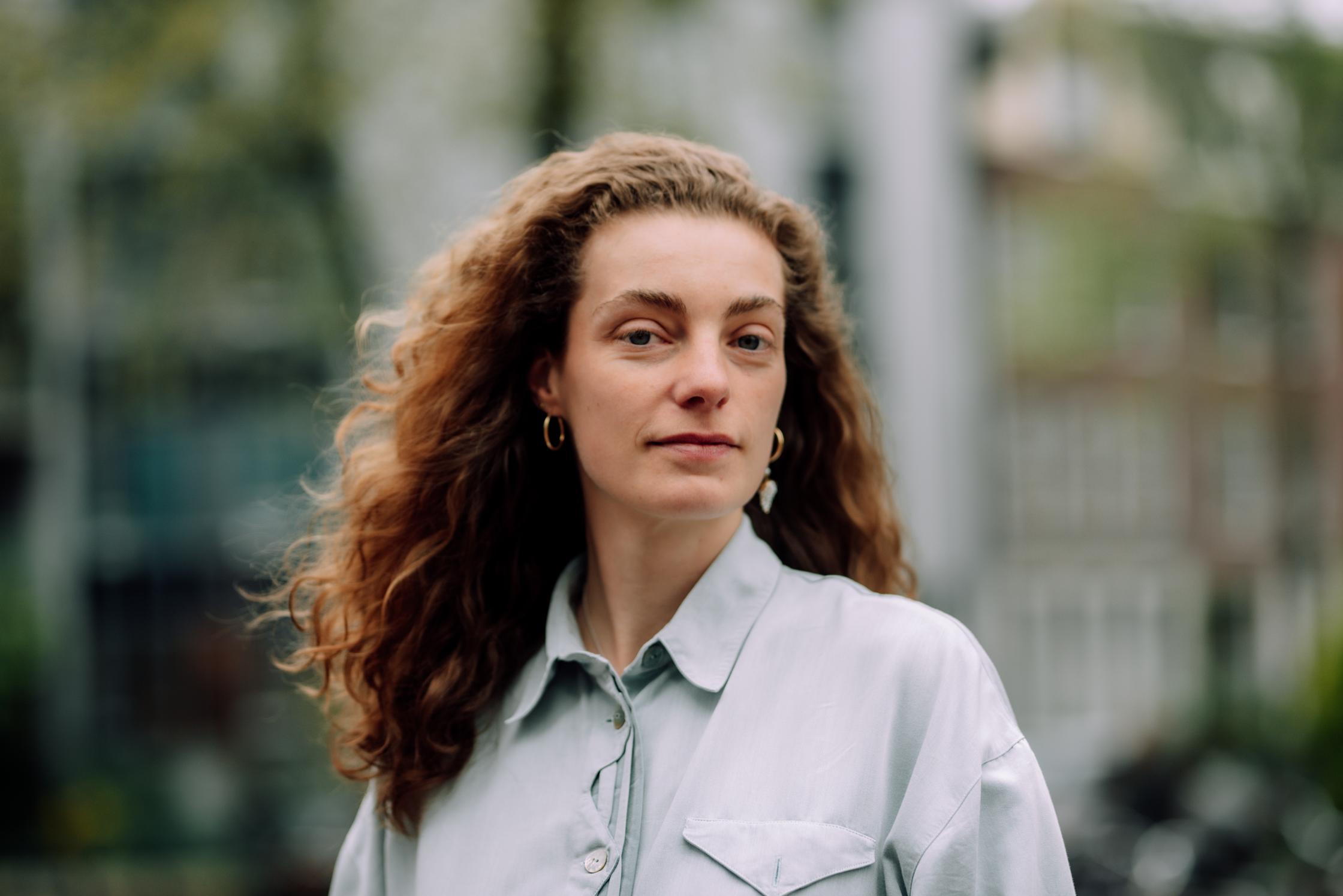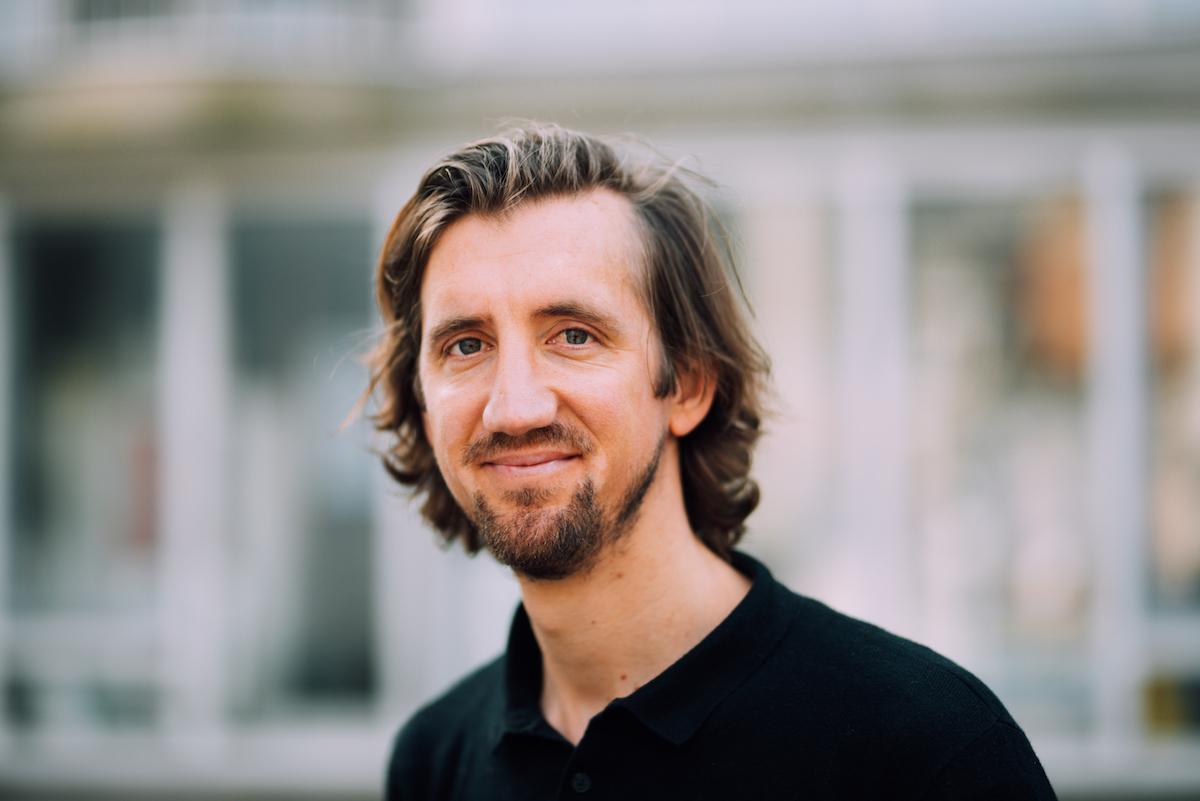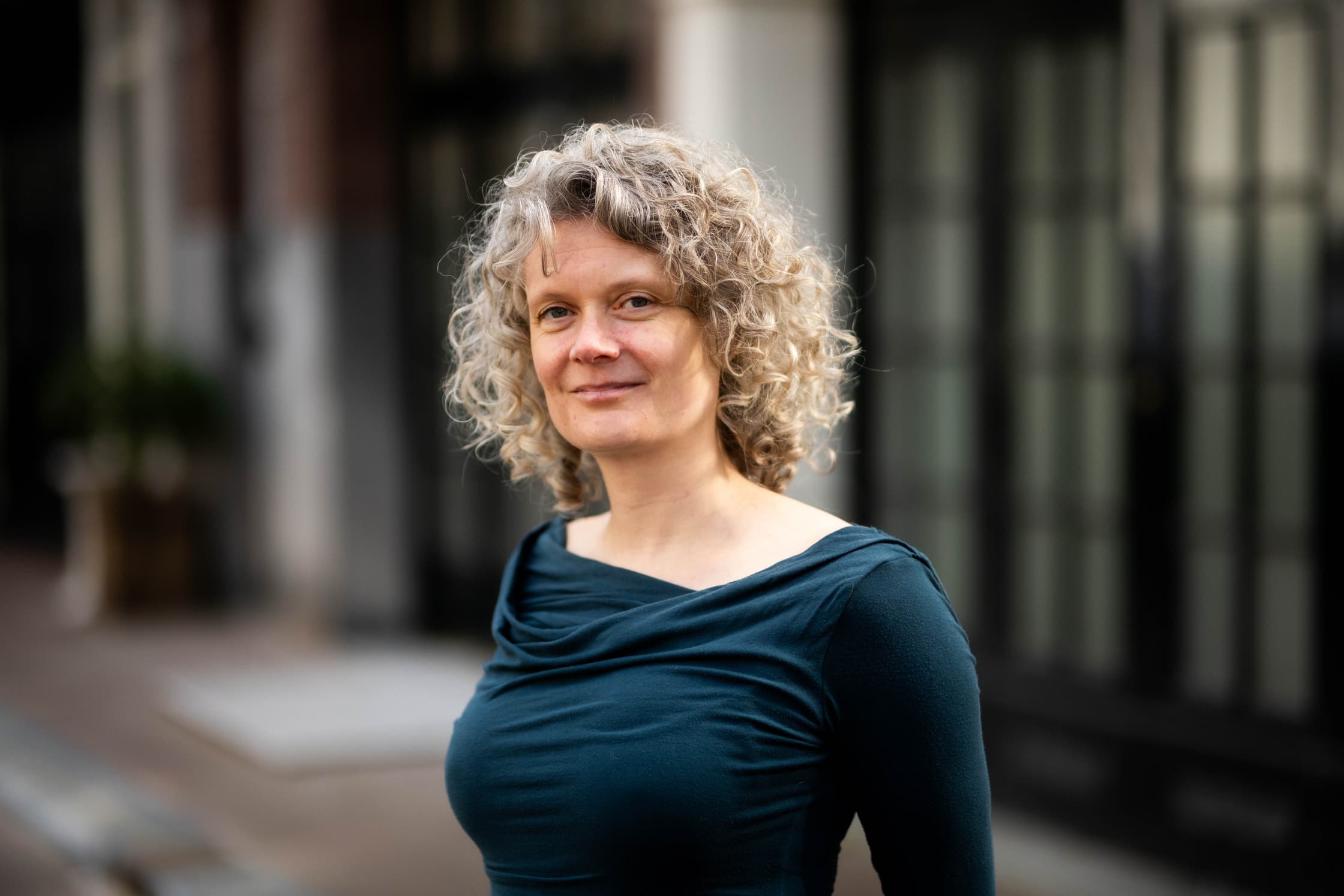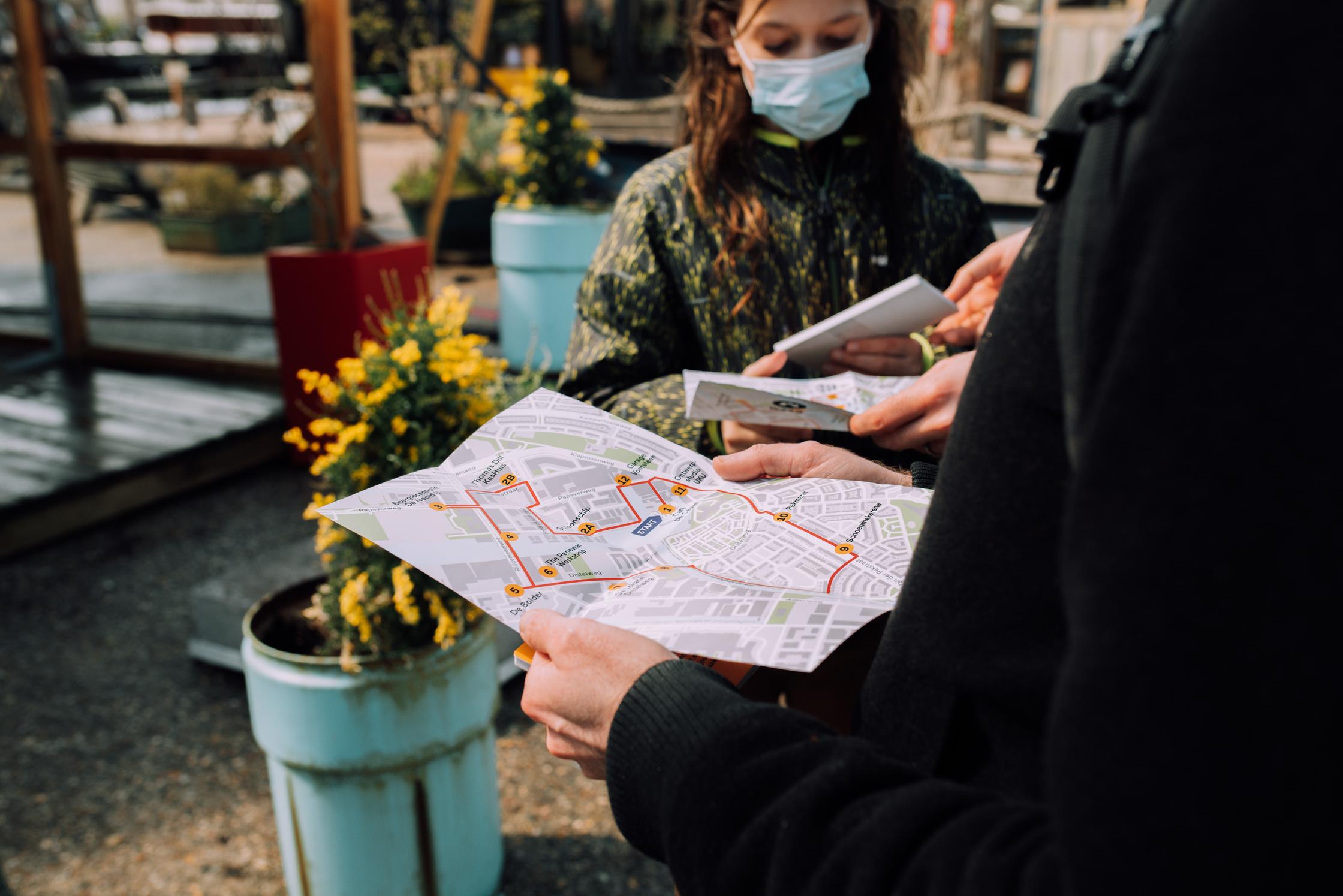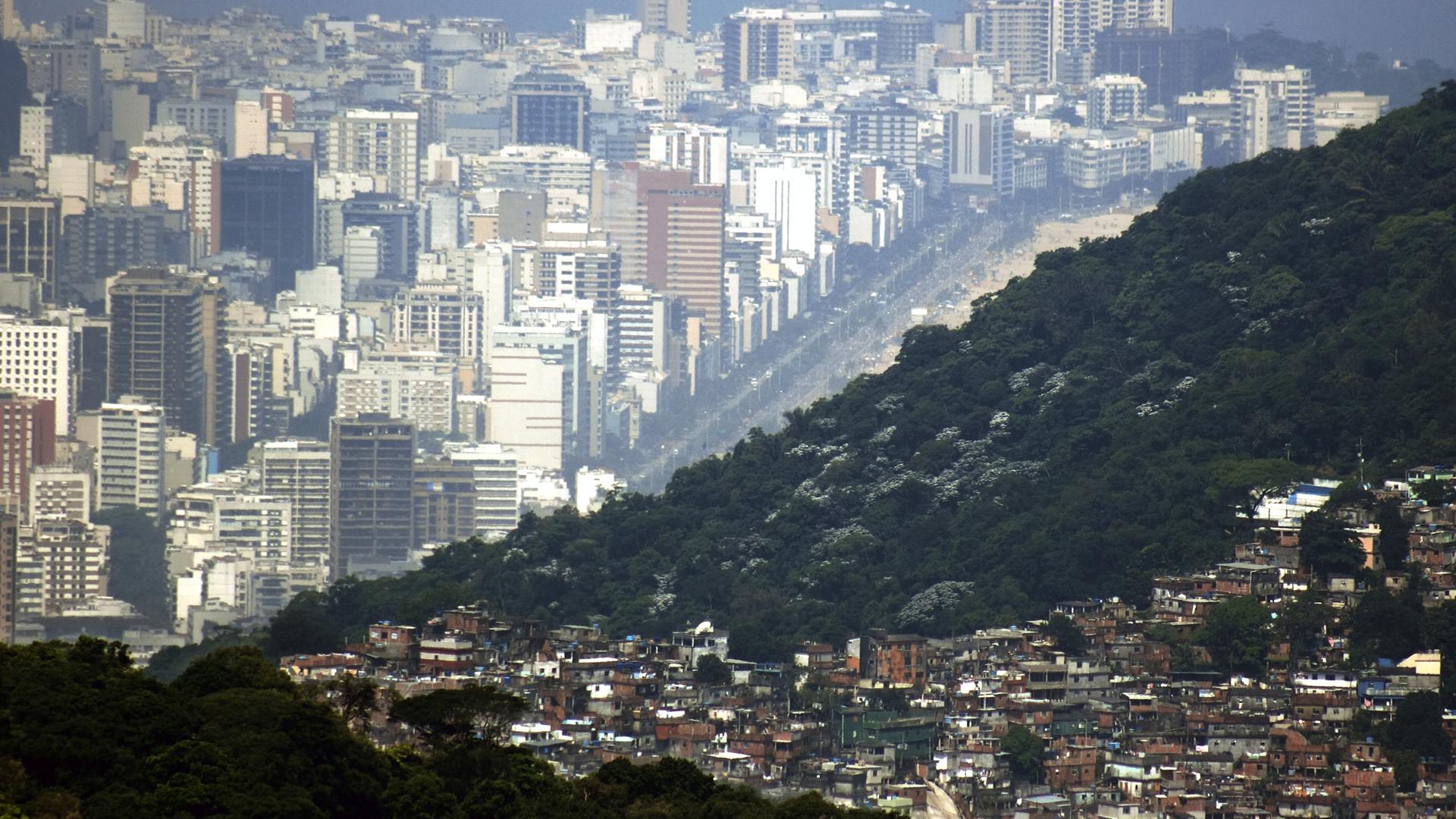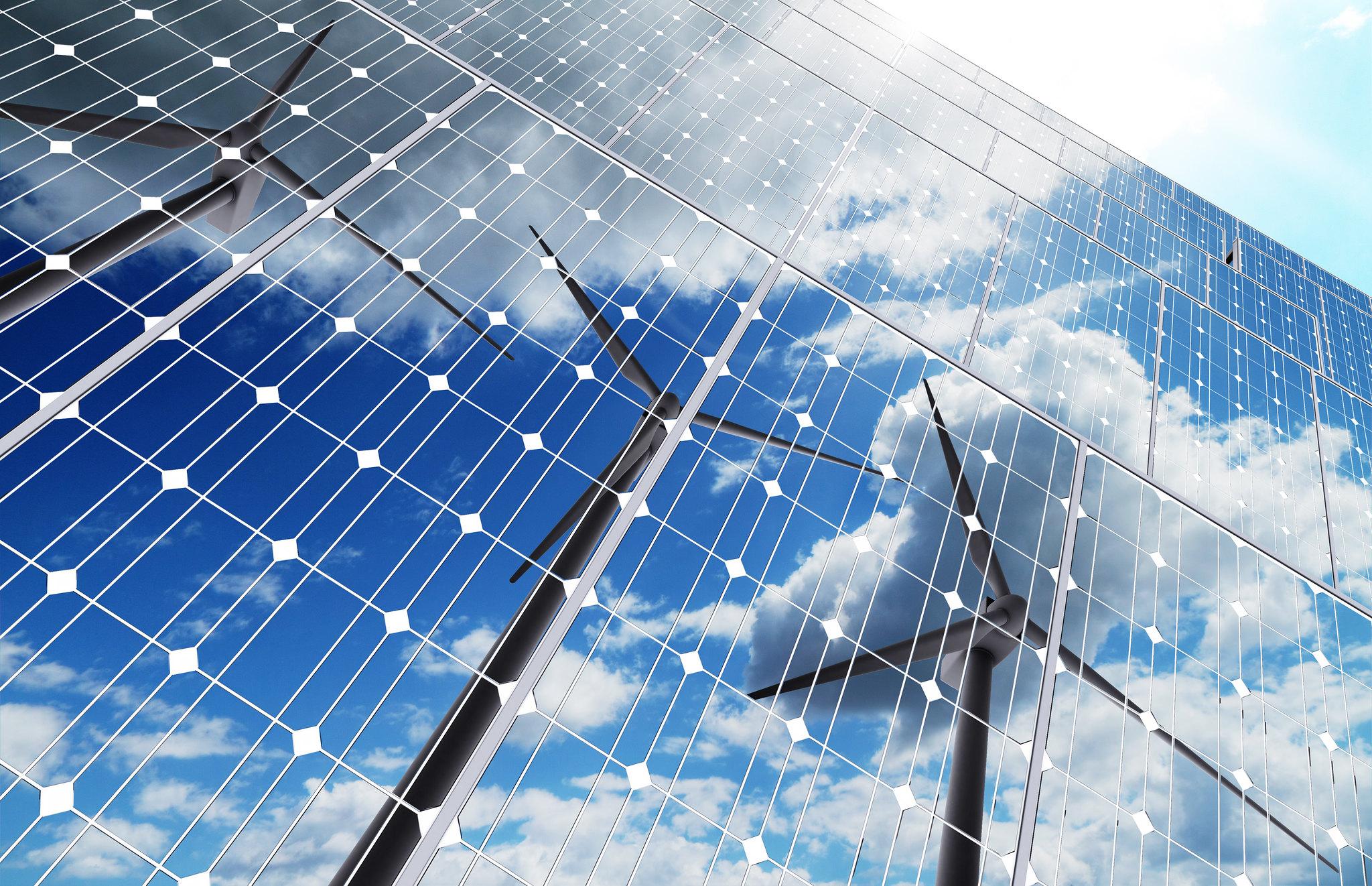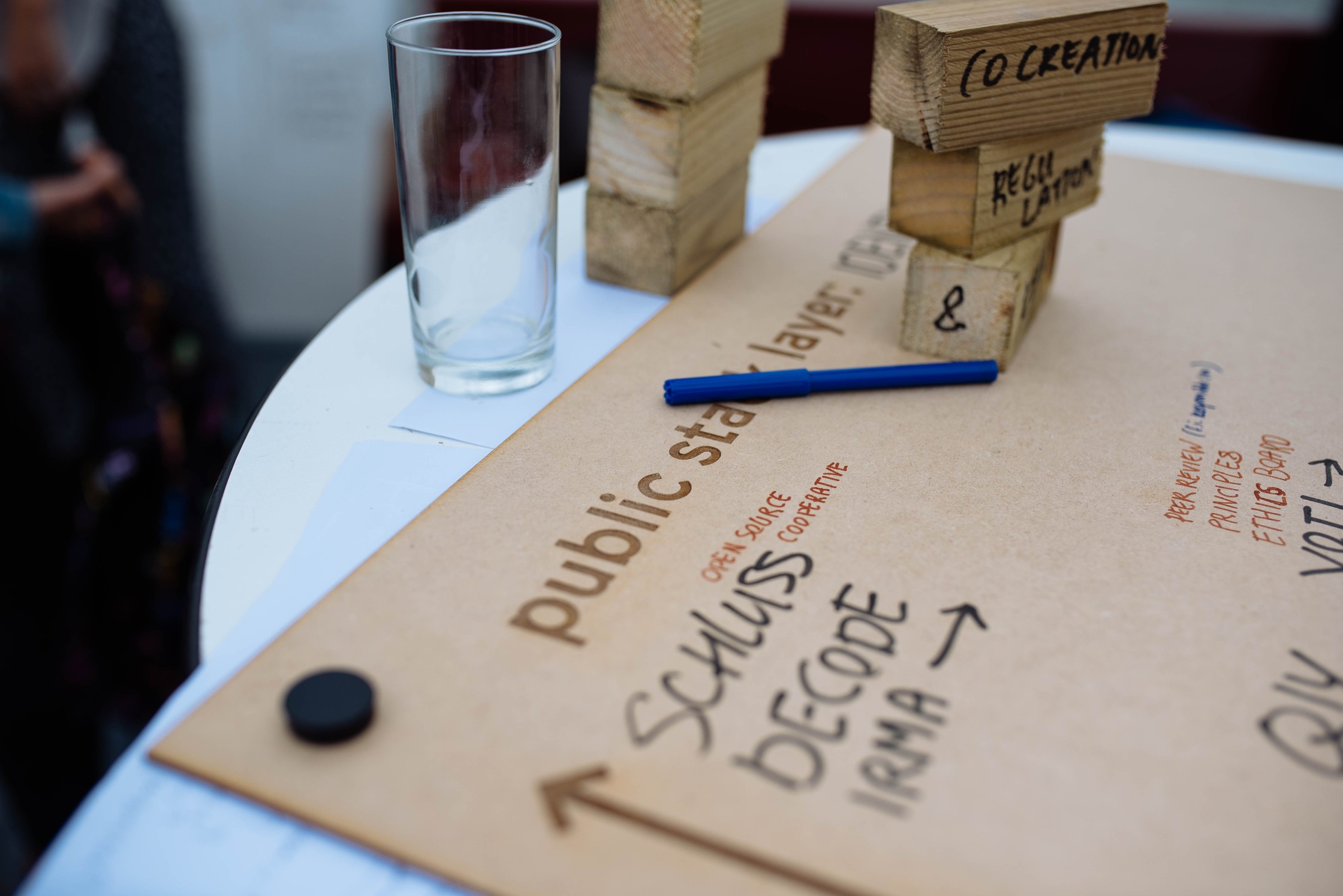
Atelier
Atelier is a project funded by the European Commission that focuses on shaping energy-positive neighbourhoods. Residents, local stakeholders and companies will work together in these neighbourhoods to create a local energy system that generates energy sustainably.
The energy transition is one of the biggest challenges for the coming decades. Amsterdam and Bilbao have set the ambitious goal of being energy neutral by 2030. This will have consequences for the design and organisation of the entire city. What will the energy transition look like for citizens? And what kind of technology will it involve? We are investigating this in Atelier.
By developing and integrating innovative solutions in buildings, more energy can be created than consumed. This offers opportunities for social innovation, such as the formation of energy commons. Because the availability of energy fluctuates per part of the day and per season, these new ways of organising are important to get off the ground.
Waag leads the work package on 'citizen engagement', which looks at which social solutions work best. Through co-creation and citizen science methods, Waag ensures that citizens are given a central role in all decision-making processes. They are actively involved in shaping and developing technical solutions during the entire project period.
The findings from the self-sufficient neighbourhoods will be replicated and further tested in the 'Fellow Cities': Bratislava (Slovakia), Budapest (Hungary), Copenhagen (Denmark), Krakow (Poland), Matosinhos (Portugal) and Riga (Latvia). Atelier is a consortium consisting of 30 partners from 11 different countries.
Meta data
Project duration
Links
Team
The Atielier project has received funding from the European Commission under the H2020-LC-SC3-2018-2019-2020 call under Grant Agreement number 864374.
